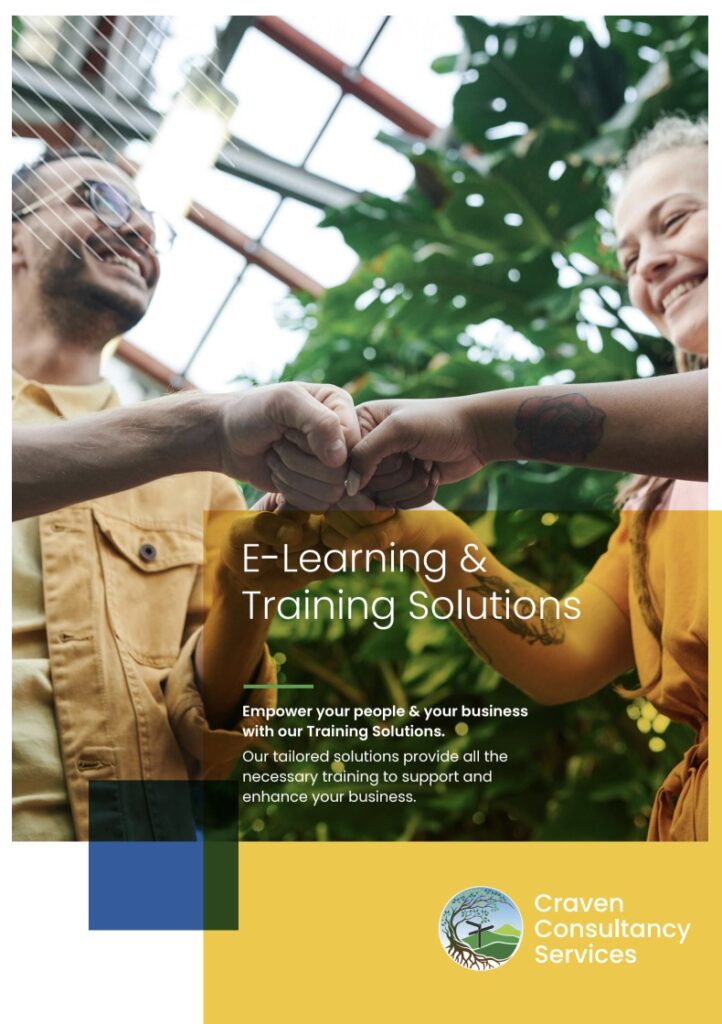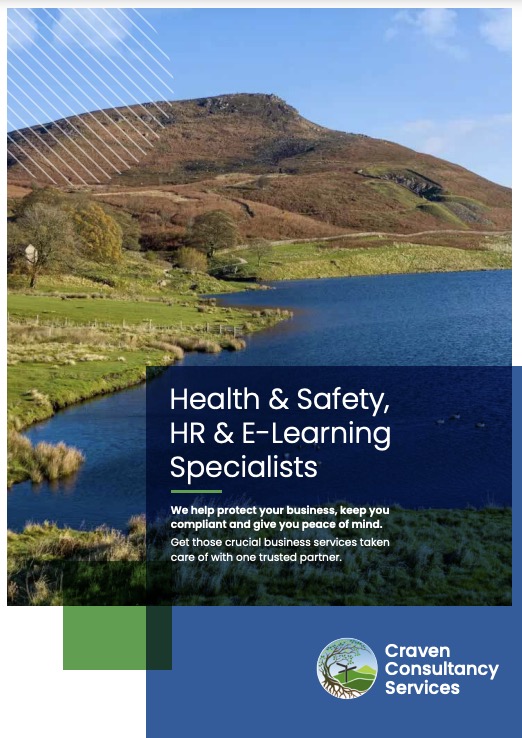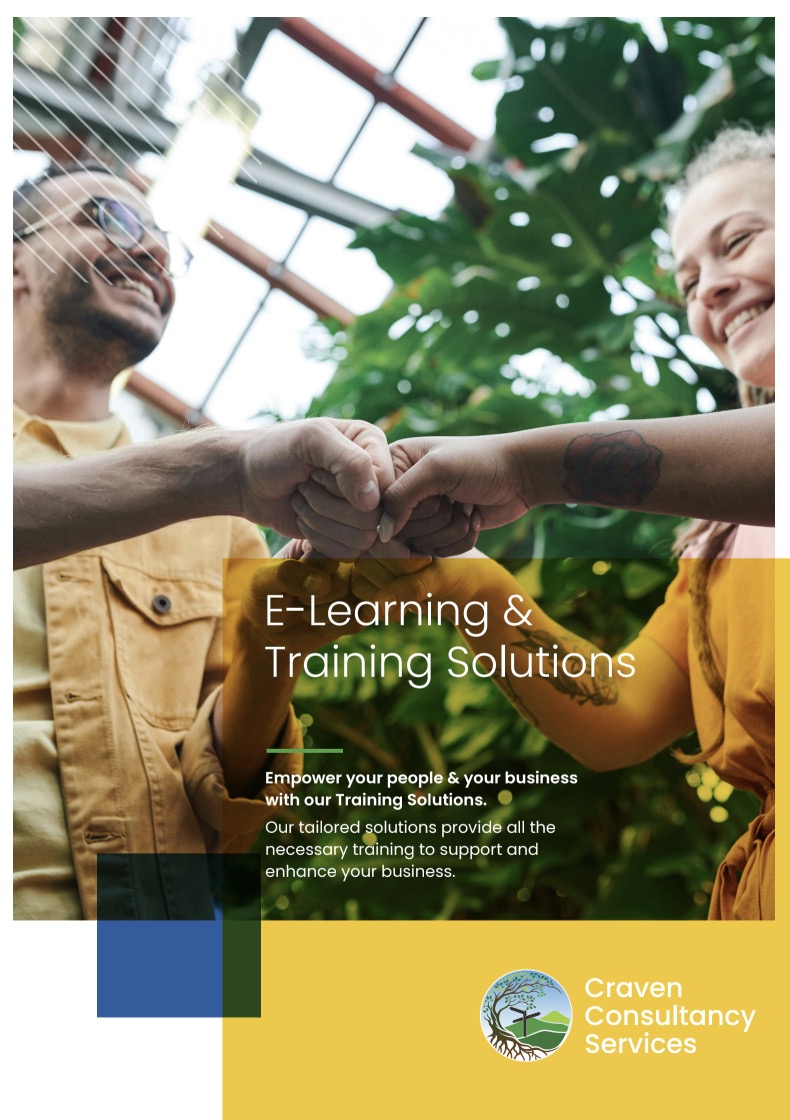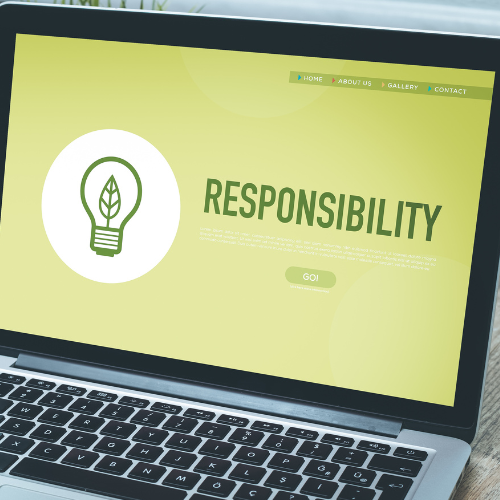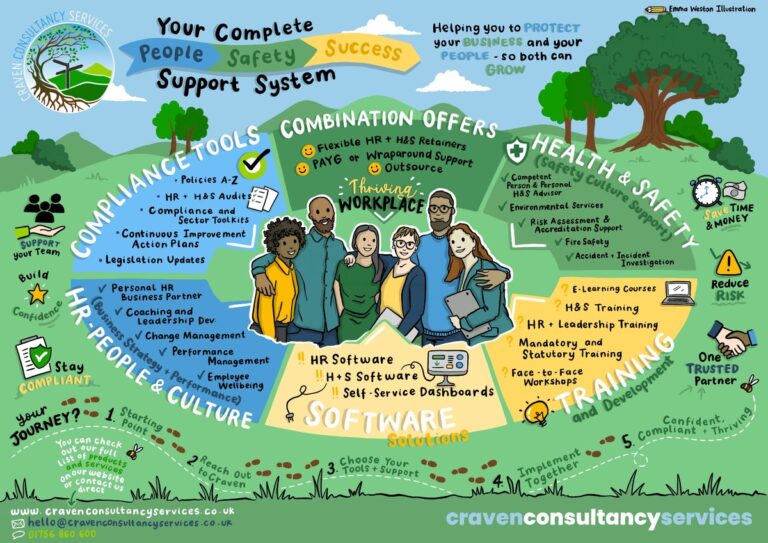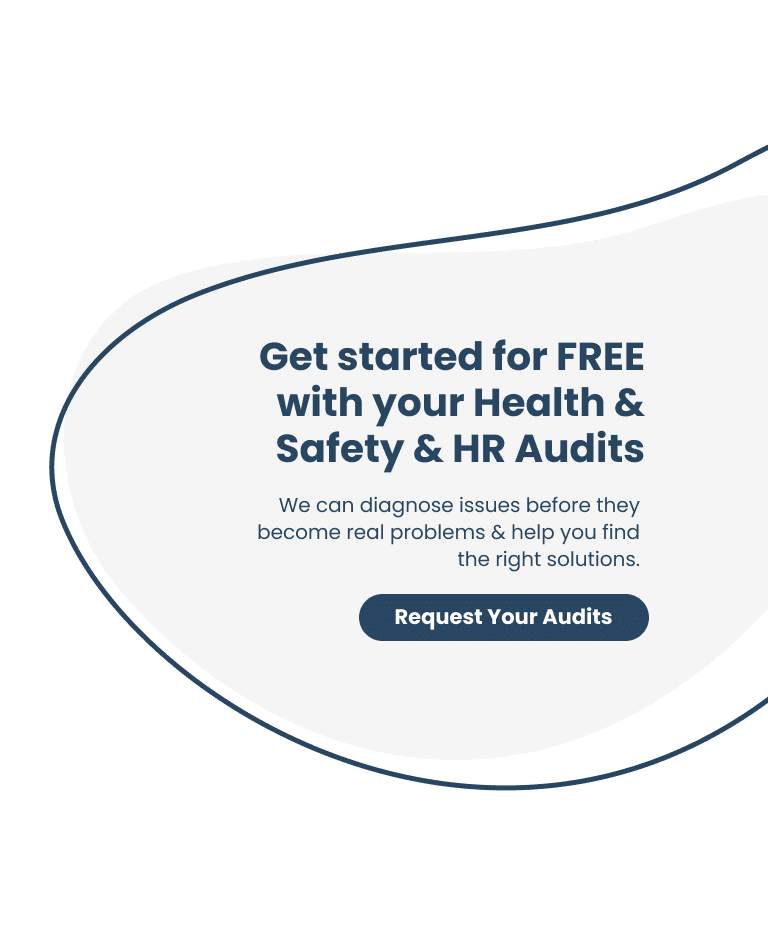
The question of whether AI will replace HR we strongly believe is a silly one. Machines can do a lot, but HR’s role will always require human skill, knowledge, and above all, empathy. AI will not replace HR, but it will undoubtedly enhance it.
What is artificial intelligence for HR?
Artificial intelligence refers to a suite of computer algorithms that can replicate human intelligence processes. In many organisations, its use so far has been restricted to tools such as chatbots, where it can answer simple questions in recruitment processes, or making suggestions to employees if they’re searching for learning content or a key document in their email.
Recent developments in generative AI, however, mean these systems have evolved to the point where they can simulate more complex human tasks such as writing policies, drawing realistic images or answering difficult questions.
Is artificial intelligence for HR reliable?
Experts argue that while AI HR tools can speed up the generation of policies or documents for volume tasks such as recruitment or a change in terms and conditions, it is still vital to have human oversight.
Human ethics will still need to be applied to ensure policies serve their purpose and meet business needs, while having integrity and fairness. This is particularly important for HR policies and ensuring they don’t discriminate, hold any bias and protect employees, particularly those from underrepresented groups.
That said, HR teams could use generative AI to check their policies against UK employment law, according to employment law specialist Joanne Gill from Wirehouse Employer Services. While it won’t advise on whether this content is legally binding, it could make suggestions for things to include that were missed in drafting. An area where generative AI could be particularly useful is in recruitment, where there are numerous administrative tasks that can be simplified and accelerated. Many HR departments already use basic AI to scan CVs or applications for keywords, but this could evolve into more sophisticated analysis of language in video interviews, for example, or making suggestions to recruiters.
What will AI mean for workforce planning?
Goldman Sachs research suggests that as much as 63% of the US workforce could have some aspects of their role automated, and a similar proportion in Europe will be affected. Hands-on roles in areas such as construction will be the least affected.
AI presents the possibility to deploy HR skills in an entirely new and experimental way. Here are three ways in which the intersection of AI and HR will deliver a significant impact;
- Efficiency and Time Savings: AI can automate repetitive and time-consuming HR tasks, such as resume screening, candidate sourcing, scheduling interviews, and administrative paperwork. This allows HR professionals to focus on more strategic and value-added activities.
- Improved Decision-Making: AI can analyze large volumes of HR data, identify patterns, and generate insights that can inform better decision-making. For example, AI algorithms can help predict employee attrition risks, identify skill gaps, and suggest suitable candidates for promotion or succession planning.
- Enhanced Recruitment and Talent Acquisition: AI-powered tools can scan resumes, assess candidate qualifications, and match them to job requirements more efficiently. This streamlines the recruitment process, reduces bias, and improves the chances of identifying the right candidates for open positions.
- Personalized Employee Experiences: AI can provide personalized learning and development recommendations based on an employee’s skills, interests, and career goals. It can also offer tailored onboarding experiences, benefits information, and HR support, enhancing employee engagement and satisfaction.
- Predict Data-Driven Insights: AI can analyze HR data to identify trends, patterns, and correlations that can inform strategic workforce planning, diversity and inclusion initiatives, compensation structures, and performance management strategies. This data-driven approach enables HR professionals to make informed decisions based on objective insights.
- 24/7 Support and Accessibility: AI-powered chatbots and virtual assistants can provide round-the-clock support to employees, answering their HR-related queries and providing information and guidance when needed. This accessibility improves the employee experience and reduces the burden on HR personnel.
- Compliance and Risk Management: AI can assist in ensuring compliance with HR policies, labor laws, and regulations. It can flag potential compliance issues, identify bias in decision-making processes, and help mitigate legal risks.
Overall, AI can augment HR capabilities by automating tasks, providing data-driven insights, enhancing decision-making, and delivering personalized experiences. It allows HR professionals to focus on strategic initiatives, employee development, and creating a positive work environment.
When implementing AI in HR, it is important to establish certain conditions and considerations to ensure ethical and fair usage. Here are some key conditions to be mindful of:
- Transparency: HR departments should be transparent about the implementation of AI systems and how they are being used within the organization. Employees should be informed about the purpose, scope, and potential impact of AI technologies in HR processes.
- Data Privacy and Security: HR must adhere to relevant data privacy laws and regulations when collecting, storing, and processing employee data. Proper security measures should be in place to protect sensitive information from unauthorized access or breaches.
- Bias Mitigation: AI systems should be designed and regularly monitored to minimize bias in decision-making processes. HR professionals should ensure that the training data used for AI algorithms is diverse, representative, and free from discriminatory biases. Regular audits of AI systems can help identify and address any biases that may arise.
- Human Oversight: While AI can automate various HR tasks, human oversight remains crucial. HR professionals should have the ability to review and validate AI-generated recommendations or decisions. This ensures accountability and prevents potential errors or biases.
- Ethical Use: HR departments should establish ethical guidelines and principles for AI use. These guidelines should outline the responsible and ethical use of AI technologies, including considerations such as fairness, privacy, and respect for individuals’ rights.
- Continuous Monitoring and Evaluation: HR should continuously monitor and evaluate the performance and impact of AI systems. Regular audits, feedback mechanisms, and data analysis can help identify areas for improvement, ensure accuracy, and address any unintended consequences.
- Employee Consent and Communication: When implementing AI technologies that involve the collection or analysis of employee data, HR should obtain informed consent from employees. Clear communication should be provided to employees regarding the purpose, benefits, and potential risks associated with AI in HR.
- Training and Education: HR professionals and employees should receive adequate training and education on AI technologies. This helps ensure a better understanding of AI capabilities, limitations, and ethical implications. Training programs can also empower employees to use AI tools effectively and responsibly.
“AI won’t replace you, but people who are using AI will replace you” – A Great quote from Mo Gawdat ⭐
By embracing AI, businesses can stay ahead of the curve and gain a competitive edge over their rivals. Overall AI has the potential to transform the way that businesses operate and provide significant benefits across a large range of industries.
By establishing these conditions and adhering to ethical practices, HR departments can leverage AI technologies while safeguarding employee rights, promoting fairness, and maintaining transparency in their HR processes.
It’s important to note that embracing AI requires thoughtful planning, appropriate implementation, and considerations for ethical and responsible AI use. Businesses should also ensure they have the necessary infrastructure, talent, and expertise to leverage AI effectively.



